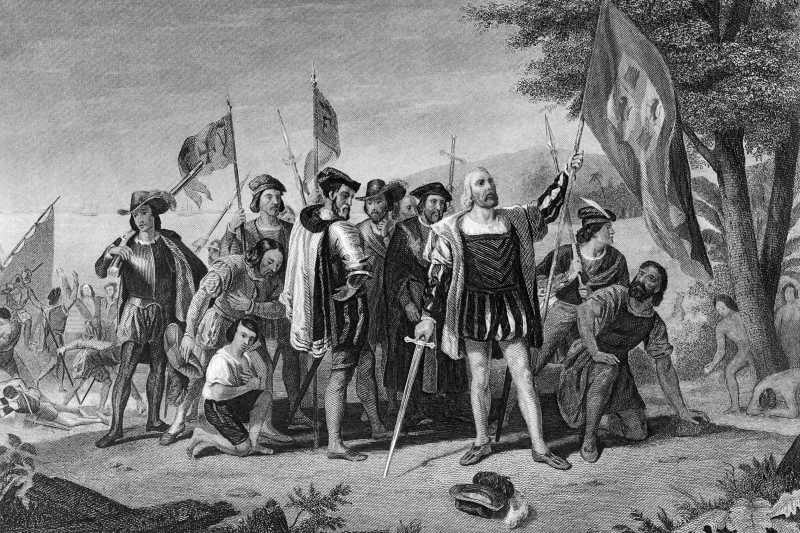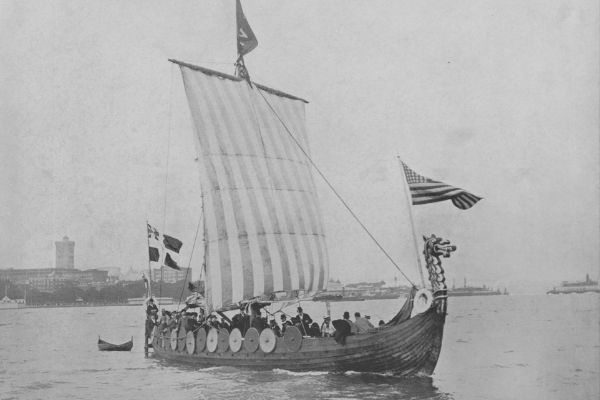The “Columbus Vs. Erikson” Culture War Started In The Late 19th Century
Before Washington Irving produced a spectacularly false biography of the explorer in 1828, Christopher Columbus was not a household name. Despite how misleading the book was, Italian immigrants found the idea of honoring Columbus to be very appealing. President Benjamin Harrison publicly urged his countrymen to commemorate the 400th anniversary of Christopher Columbus's voyage to the New World in 1892. In 1907, Colorado made Columbus Day an official state holiday at the urging of its Italian citizens. Columbus Day proclamations were first made by presidents in the 1930s, but it wasn't until 1968 that it was officially recognized as a federal holiday.
That interpretation of American history was not shared by everyone. Leif Erikson was traveling across North America 500 years before the Nia, Pinta, and Santa Maria crossed the Atlantic, said Wisconsinite Rasmus Bjorn Anderson in his book America Not Discovered By Columbus, which was published 46 years after Irving's biography of Columbus. On October 9, 1825, a group of Norwegian immigrants arrived in New York City, marking the beginning of organized Scandinavian migration to the United States. Anderson determined that Erik the Red's illustrious son deserved his own celebration to counter Columbus's, and he chose that day as the ideal one. In 1929, Wisconsin became the first state to declare Leif Erikson Day at Anderson's request.












